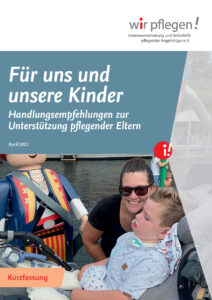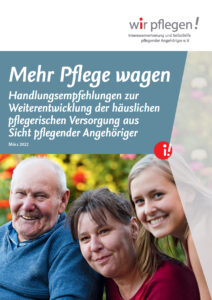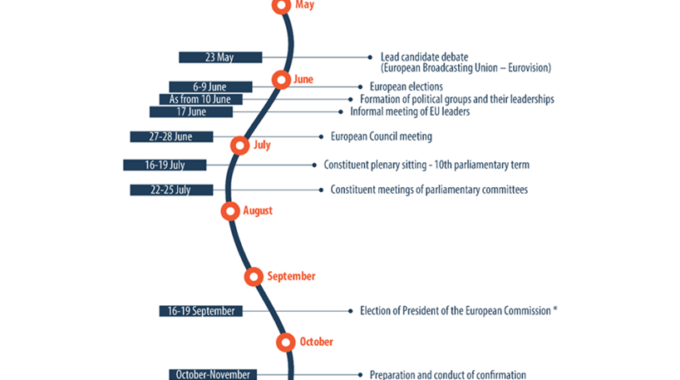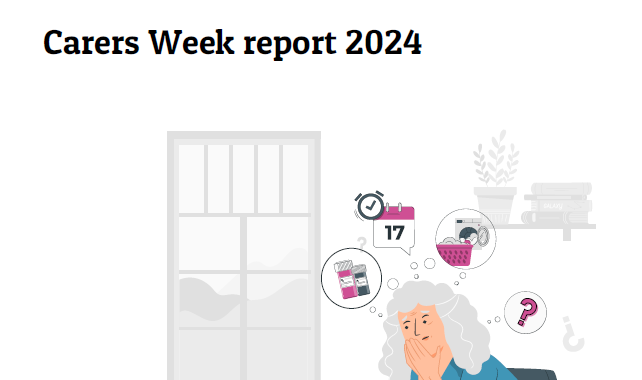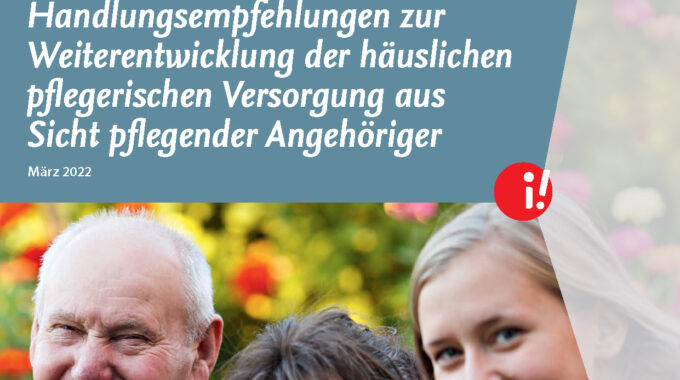
Advancing carer support in Germany
Following the German elections in September 2021, a new coalition government of SPD, Greens and Liberal Democrats published a coalition agreement with few, but important commitments for the development of carer support. The agreement says:
“We shall combine entitlements to ‘Kurzzeitpflege‘ [respite care in care homes] and ‘Verhinderungspflege‘ [replacement care at home] in a unbureaucratic, transparent and flexible individual budget … to strengthen informal care at home, and we shall also include families of children with disabilities.
We shall regularly raise the ‘Pflegegeld’ [care allowance paid to the person requiring care, aligned to care levels 1-5]. We shall further expand the ‘Pflegezeit- und Familienpflegezeitgesetze‘ [Entitlement to claim up to six months‘ unpaid care leave; care leave for up to 24 months by reducing employment to 15 hours per week]. This will enable informal carers more choice and control over the time they care, supported by the entitelement to salary replacement for periods of caring responsibility.”
This prompted the German carer organisation wir pflegen to produce two “Position Papers” with extensive arguments and recommendations for the improvement of carer support across all caring situations and specifically for parent carers.
These documents are available on wir pflegen’s website at www.wir-pflegen.net, unfortunately not in English translation.
Although focussed specifically on improving Germany’s care system, the documents contain interesting new thinking and proposals for important innovative approaches, e.g. building on practice in Denmark, Austria and Switzerland to offer carers the choice of formal employment with the local authority or a third sector agency for the time they provide care to a relative.
wir pflegen’s ‘Positionspapiere’ have received broad media coverage and following wide circulation to politicians at federal and devolved ‘Länder’ level have already stimulated a new dialogue and focus on critical “Pflegereformen”.
